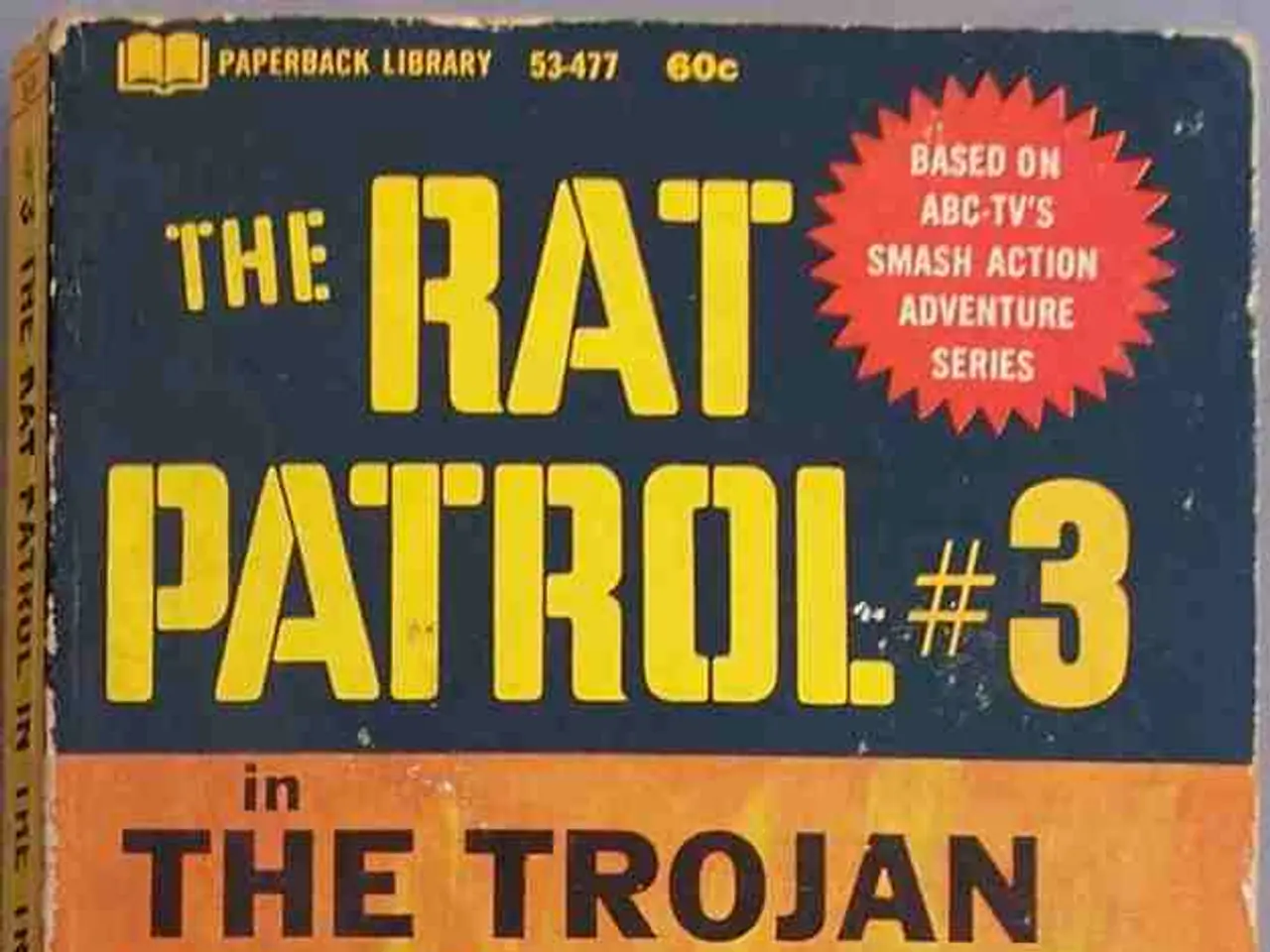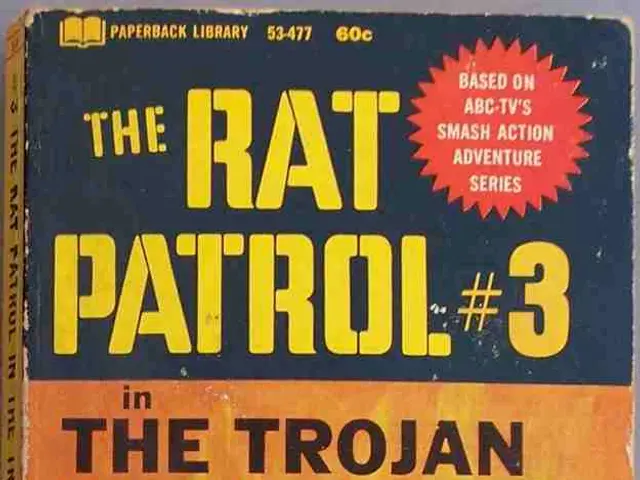International Discourse on Gaza: Contentious Speech Confronts International Scrutiny
The ongoing Israel-Gaza conflict has been the subject of intense scrutiny by the international community, with several key institutions taking action against Israel.
The United Nations Commission has pointed to public statements by Israeli leaders and a visible, systematic pattern of destruction as evidence in the ongoing case. This comes as the International Court of Justice (ICJ) investigates Israel for alleged violations of the Genocide Convention, based on a case filed by South Africa.
In January 2024, the ICJ ordered Israel to take immediate measures to prevent genocide-related acts during the Israel-Gaza conflict. However, it did not rule definitively on whether genocide occurred. A year later, in September 2025, a UN Human Rights Council Independent International Commission concluded that Israel is responsible for acts of genocide, failure to prevent or punish genocide against Palestinians in Gaza.
The ICJ proceedings continue, and it is expected to take several years before a final ruling on genocide responsibility is issued. Meanwhile, the International Criminal Court (ICC) has expanded the scope of charges to include genocide, given the new UN report and academic consensus on genocide allegations. The ICC has issued arrest warrants for senior Israeli leaders, including Prime Minister Benjamin Netanyahu and Defense Minister Yoav Gallant, on charges of war crimes and crimes against humanity.
Jiang Xueqin, in his lecture on the killing in Gaza, argues that the destruction is meant to be seen - meant to provoke horror, meant to unite one community by outraging another. His argument aligns with what legal scholars call dolus specialis, the specific intent to destroy a group in whole or in part.
Israel, however, rejects the allegations outright, calling them biased and politically motivated. The United States and several allies have echoed Israel's criticisms, while many nations in the Global South have rallied behind the proceedings.
The destruction of Gaza has left tens of thousands dead, displaced millions, and provoked some of the largest global protests in decades. The question now is not only how history will judge, but how international law will rule - and whether the world will act on those judgments.
Jiang's lecture reveals another side of him: a willingness to use historical patterns, speculative reasoning, and provocative metaphor to grapple with contemporary atrocities. His work serves as a reminder of the gravity of the situation and the importance of holding those responsible accountable.
Read also:
- Controlled spree of Legionnaires' disease among Harlem residents ceased, city health authorities confirm; however, locals push for increased openness and information disclosure
- Transform City for the Better
- Packaging design of Comfort brand gets an update with a flexible, adaptable system.
- Which entities assume the greatest risks in Arthabaska-L'Érable?








